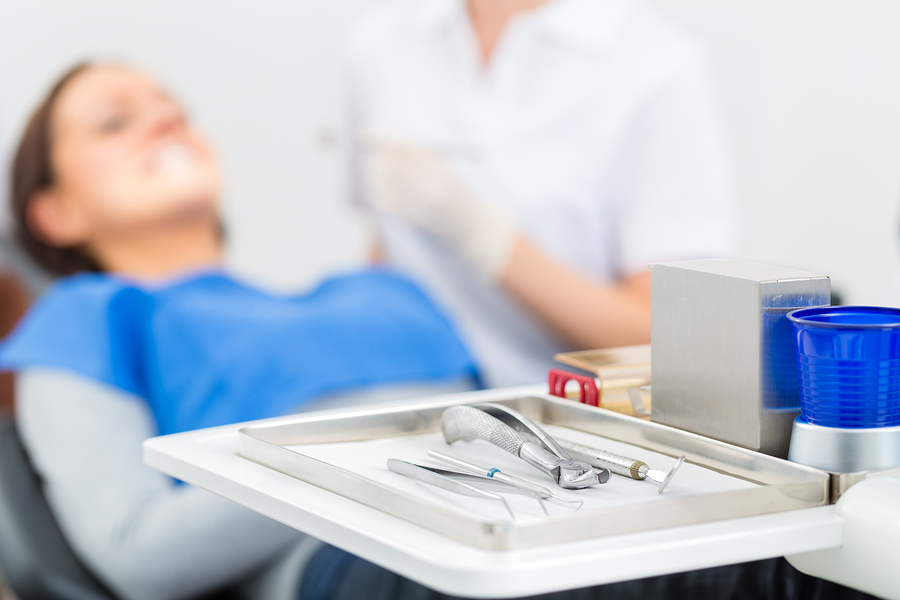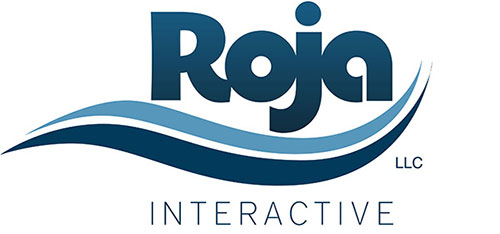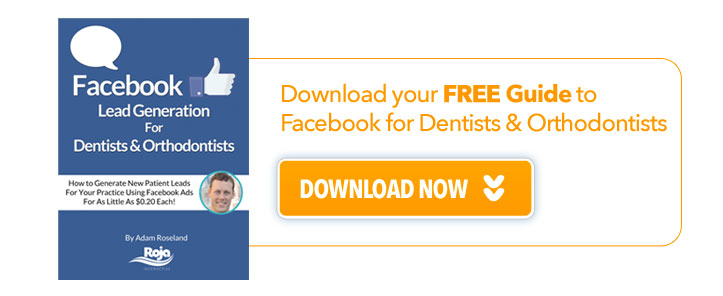The Ultimate Guide to Local SEO for Dentists
As a dentist, you already know how important it is to target local people. Your patients are almost exclusively going to come from the area around your office, as it’s impossible to order dental services online and few people are willing fly across country or even drive a few hours in order to see a dentist. You need to reach out to the people in your community and build your patient-base from those individuals.
Local SEO is the best way to make sure that your website can be found through online and mobile search, as most people head to the internet when they are looking for a local business. This means optimizing local listings, curating online reviews, and keyword and other search engine optimization on your website.
Here is the ultimate guide to local SEO for your dental practice.
What you need to know about today’s consumer
Gone are the days when consumers turned to the yellow pages when they were looking for a local business. Though most people still get this delivered to their door, it rarely sees the light of day. It either finds its way to the recycle bin or becomes a booster chair for young children. What does this mean for your office? Placing an ad in the yellow pages probably isn’t going to get you anywhere.
On the other hand, having dental websites that ranks high in the search results means that potential patients can easily find you. The vast majority of people have smartphones and access to the internet. Here are some statistics that are important to know:
- Almost 50% of people search for local businesses or information using a smartphone
- Almost 50% of people use a smartphone to conduct research before making a purchase
- 4 billion searches each day are intended to find local information
What do these numbers mean for your business? The implications are two-fold: first, you need to have a website that shows up in those local queries, and second, you need to have a website that as optimized for mobile as it is for local search.
Local Listings

In today’s hyper-technologized world, there are plenty of online alternatives to the physical yellow pages, including yellowpages.com, among others. These are all places where your company needs to be listed. It may be listed automatically, as there has been a push by these kinds of companies to provide the same kind of information that was once available in the paper yellow pages, but in some instances it may not exist.
Many of these websites allow you to list your company or to claim a pre-existing listing as your own, which you can then add information and pictures to, so that it is both more informative for viewers and easier to find for searchers.
Many of these websites also allow individuals to post online reviews. While websites like Yelp are not really designed for use by dentist offices, the online yellow pages and local directories are still great resources. Go for Google+ Local, Bing Places, Yahoo Local, and Foursquare.
Keep in mind that consistency is important. The more consistent your information is across all of these listings, the more trustworthy your office appears and therefore more likely to climb the search engine results pages.
Online Reviews
You may not think that online reviews apply to your dentist office—that’s where you’re wrong. Yelp was once a place just for restaurants, but it is quickly branching out into other industries. Google+ also allows users to leave reviews of businesses on those businesses’ page. The more reviews you have, the better your click through rate is going to be and the higher your search listing is likely to be.
But how do you gather positive online reviews?
It may seem like the only people who are willing to leave a review are those who are severely unhappy with a purchase or service. This doesn’t have to be the case. You can encourage patients to leave online reviews by making it easy with something like a QR code.
Do be aware, however, that if you are asking for online reviews, you are likely to get some negative ones, even if you believe those negative ones are unjustified. You can manage the impact of those negative reviews by posting a comment or contacting the reviewer and attempting to make whatever wrong, whether real or perceived, right.
Website Optimization
Both the content and the keywords of your website are going to affect how effective your page will be at converting people visiting your site into patients. One of the best bits of local SEO advice we offer is to make sure that the name of your office, your office address, and your office phone number are on every single page of the site.
This information is carefully considered by Google’s crawler and listing it on each page improves its chance of positively impacting your ranking. Prospects also look at whether you have an address posted when evaluating whether you can be trusted or not.
The biggest part of local SEO is local keywords. There is a big difference between the keywords “dentist office” and “dentist office philadelphia.” Keywords can be further specialized by including the town or city where your office is located.
But where do you place these words?
Start with your URL. If you can nab a domain name that is an exact match for your primary keyword, you are much more likely to appear in relevant search results (Google has tried to correct this, but it still holds true). Other places to include keywords range from page titles, to the meta descriptions, to heading tags, to content and image titles.
A word of caution about your website content (text): the last thing you want to do is keyword stuff or have content that sounds unnatural. If the keyword does not fit naturally into the content, it might be better to leave it to the other areas and not try to shove it into your content.
Still have questions about Local SEO for dentists?
Contact us for a free local SEO consultation. You’ll get an in-depth analysis of your current website and learn if you’re getting the most out of your local search engine rankings.






Leave a Reply